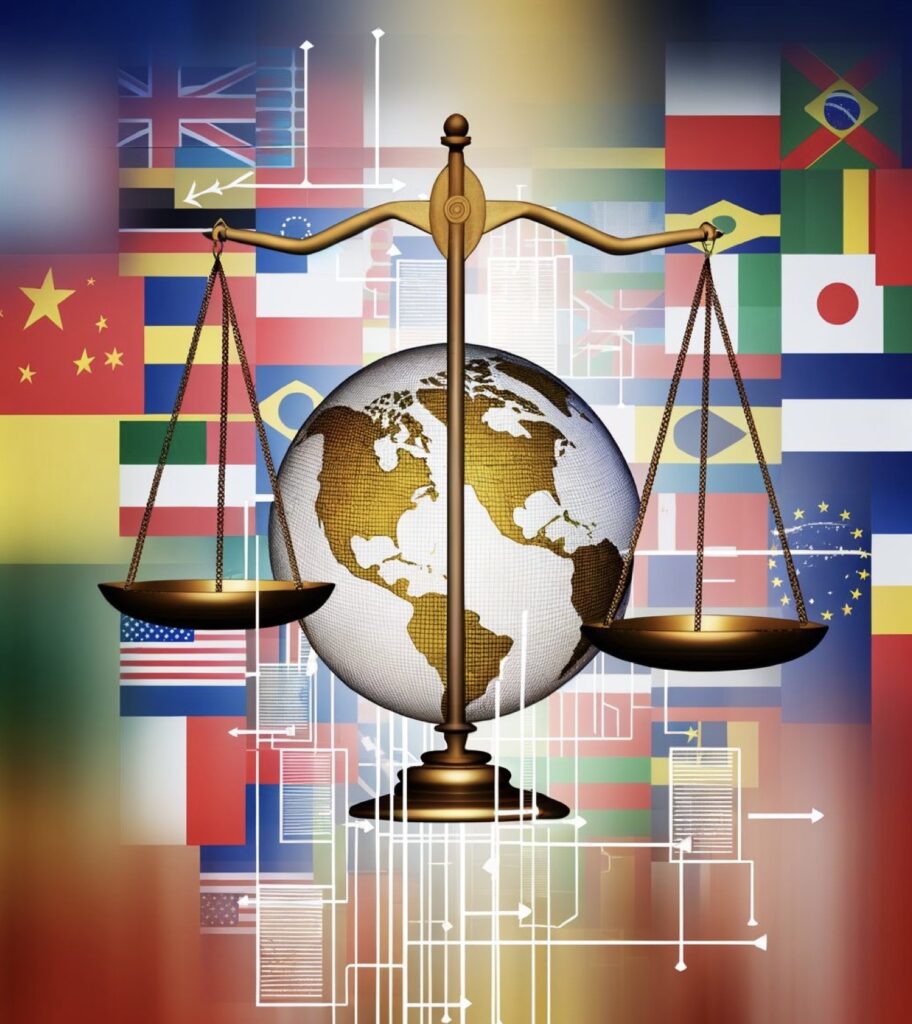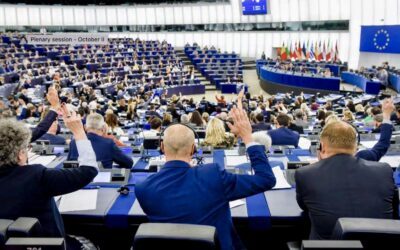Strengthening Oversight of Foreign Influence in the U.S.: New Challenges for Business and Lobbyists

Across the United States, a wave of legislative initiatives is reshaping how foreign ownership and influence are regulated in the political sphere. Over the past two years, dozens of states have adopted or are considering so-called “state FARA” laws — local analogues of the federal Foreign Agents Registration Act (FARA). These acts introduce new reporting and registration requirements for individuals and companies acting on behalf of foreign governments or corporations.
The primary goal of these initiatives is to enhance transparency and limit the participation of foreign capital in domestic political processes. Depending on the state, restrictions may cover direct political donations, financing of advocacy campaigns, or public issue communications. In many cases, these laws apply even to companies with minimal foreign ownership. For example, Massachusetts lawmakers discussed limiting corporate political spending if a foreign investor holds as little as one percent of the company’s shares, while Maine voters approved an even stricter measure later challenged on First Amendment grounds.
These developments create serious compliance challenges for the corporate sector. Determining whether a company is considered “foreign-influenced” requires detailed, often changing ownership and governance analyses. This uncertainty may discourage businesses from engaging in political or advocacy activities, as they seek to avoid potential penalties or reputational risk.
Beyond campaign financing, several states — including Arkansas, Oklahoma, Louisiana, Nebraska, and Texas — have enacted their own versions of foreign agent registration laws, while Florida amended its charitable solicitation law to prohibit nonprofit organizations from accepting contributions from “foreign sources of concern.” Unlike federal FARA, these state laws often lack exemptions for commercial and lobbying activities, extending requirements to consulting firms, associations, and media entities working with international clients.
This trend demonstrates that the United States is forming a new, multi-level system of oversight over foreign influence in the political sphere. For multinational corporations, communication agencies, media, and lobbying firms, this marks a shift toward stricter transparency standards and the need for strategic compliance: early risk identification, adaptation of internal policies, and ongoing monitoring of legislative changes.
In the long term, these processes could influence lobbying practices globally, setting new transparency benchmarks that transcend national borders.
- Transatlantic regulatory debate over digital platform governance and the role of lobbying in shaping technology policy.
- Merry Christmas!
- The European Parliament has adopted the Omnibus I legislative package, introducing significant changes to the EU’s approach to corporate responsibility and business transparency.
- Netflix and Warner Bros.: How a Major Media Deal Turns into a GR and Regulatory Battle
- GR Consulting Participated in the 2025 Annual Membership Meeting of the American Chamber of Commerce



